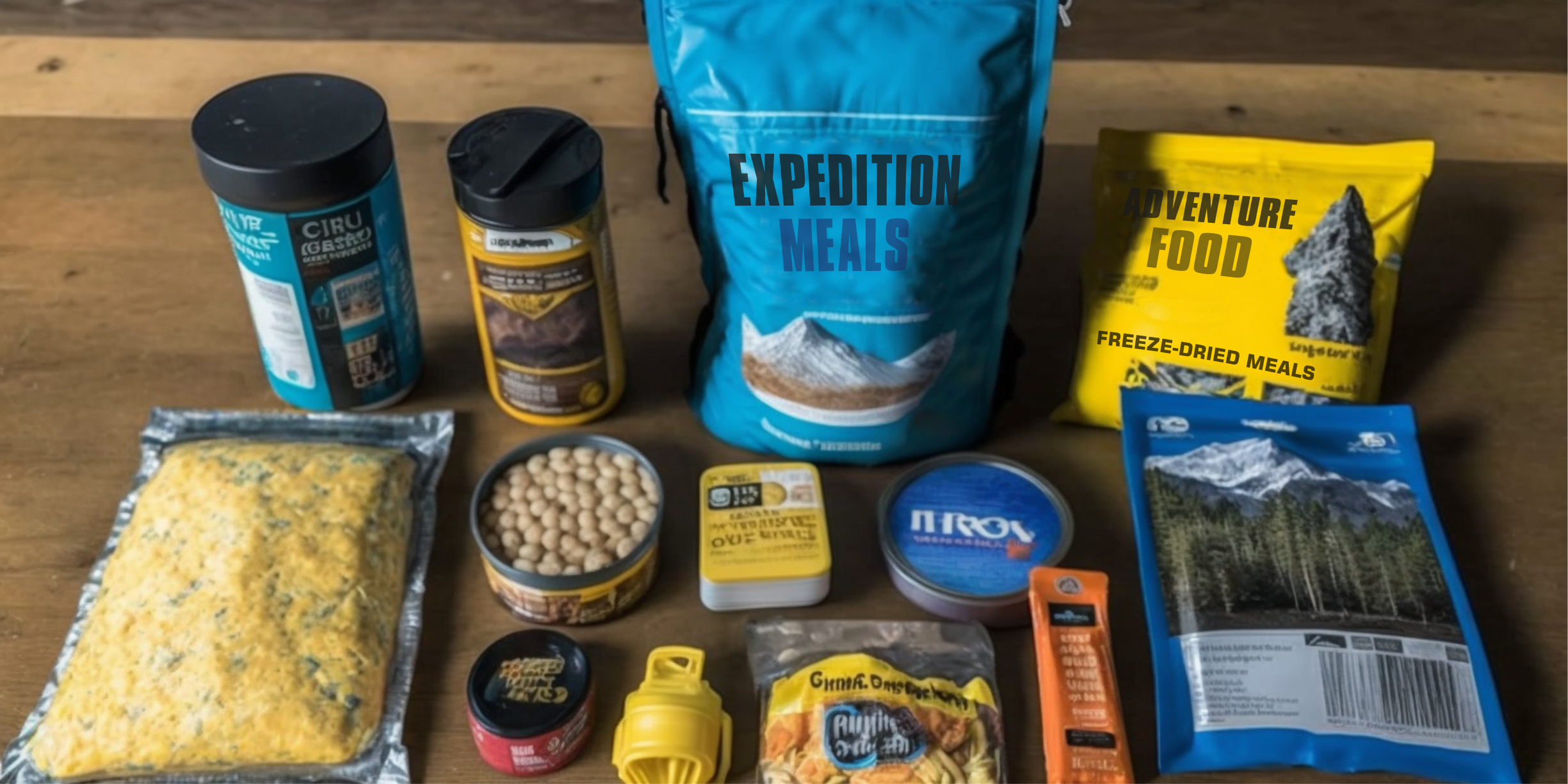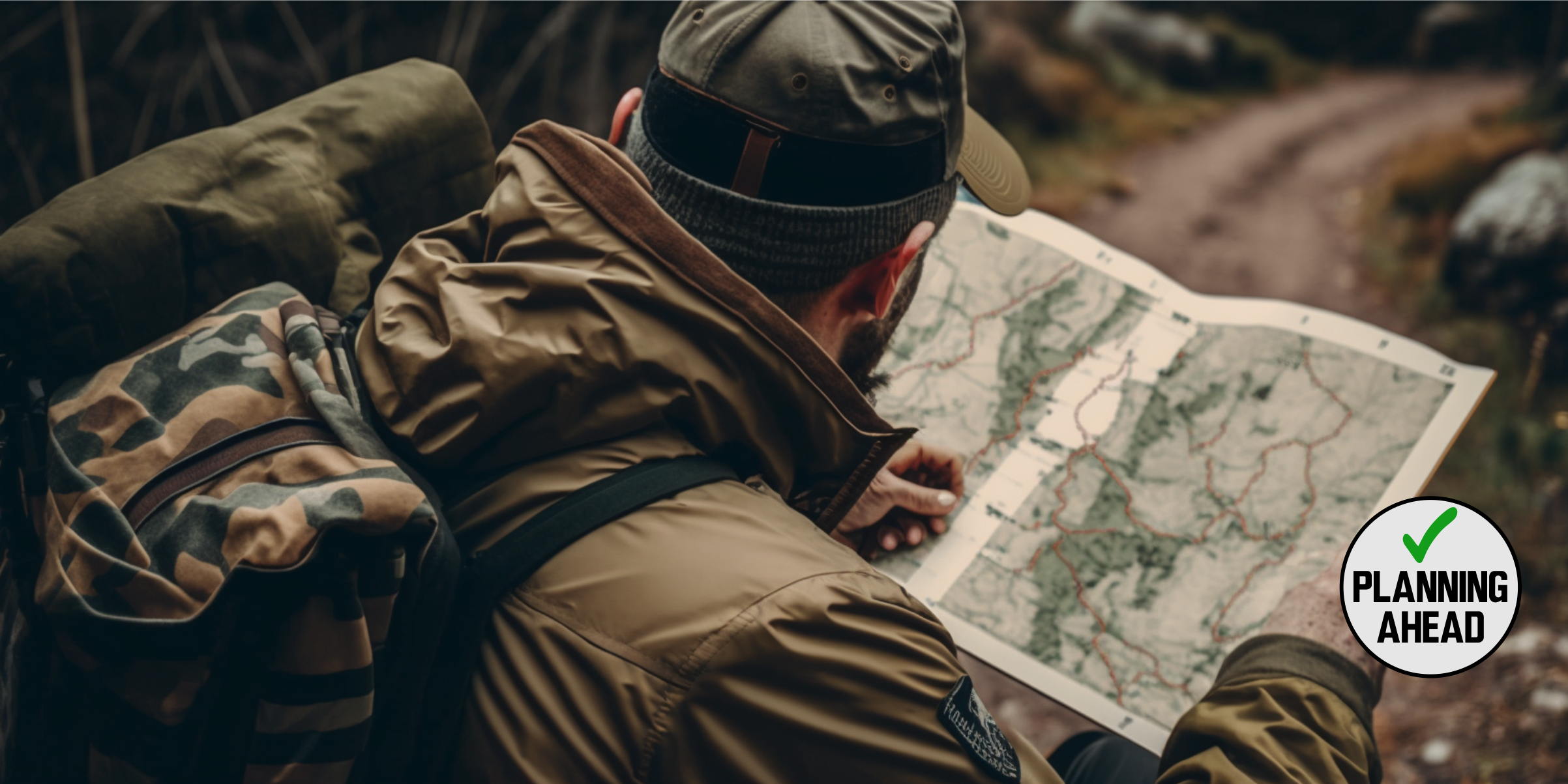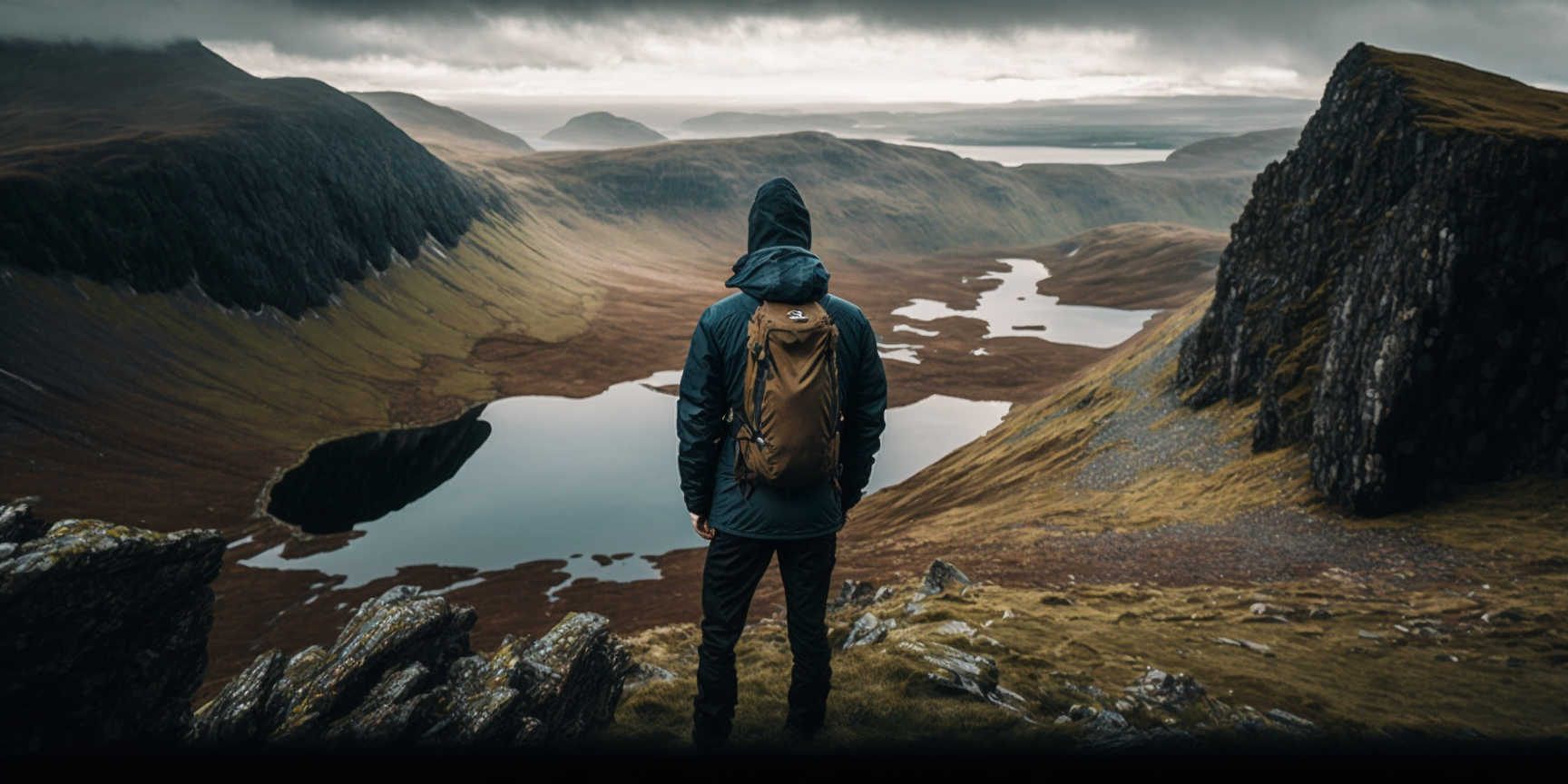
How to Signal for Help - an Essential Survival Skill
How to Signal for Help - an Essential Survival Skill
In a survival situation, signalling for help can be a critical skill that can increase your chances of being rescued. In the UK, there are several ways to signal for help, including using visual signals, audible signals, distress calls and ground signals. These methods can be effective in attracting attention from rescuers, but it's important to use them sparingly and conservatively to avoid wasting your energy and resources.
The International Civil Aviation Organization recommends that pilots and passengers carry visual signalling devices, such as signal mirrors, flares, or smoke, in case of an emergency landing in a remote area. According to a report by the US National Park Service, the most effective signalling devices for attracting attention from the air are those that create a sharp contrast with the surrounding landscape, such as brightly coloured clothing or materials.
A study published in the journal Wilderness & Environmental Medicine found that using a whistle to signal for help was more effective than shouting or using other audible signals. This is because whistles can carry over greater distances and require less energy to use. In the UK, the use of drones for search and rescue has become increasingly common in recent years. According to the Civil Aviation Authority, there were over 10,000 drones registered for commercial use in the UK in 2020, many of which are used for search and rescue operations.
Remember to familiarize yourself with the relevant emergency services and their procedures before embarking on any outdoor activities in the UK. When signalling for help, use visual and audible signals that are effective and easily recognizable, and conserve your energy and resources by using them sparingly. By using the right signals and remaining alert for any signs of rescue, you can increase your chances of being rescued in a survival situation.
When you find yourself in a survival situation, signalling for help can be a critical skill that can increase your chances of being rescued.
Here are some ways to signal for help:
-
Use visual signals: Visual signals are the most effective way to attract attention from rescuers. The most commonly used visual signal is the international distress signal, which is three of any kind of signal repeated three times in a row, such as three flashes of light or three blasts of a whistle. Other visual signals include using a signal mirror, creating a signal fire, or using brightly coloured clothing or materials.
-
Use audible signals: Audible signals can also be effective in attracting attention. Use a whistle or other noisemaker to make a series of three sharp blasts or other distinct sound pattern. The international Morse code signal for help is "SOS" (three dots, three dashes, three dots).
-
Make a distress call: If you have a radio or mobile phone, use it to make a distress call. Dial 999 and ask for the relevant emergency service. Provide your location and any relevant details to the operator.
-
Use ground signals: If you are unable to create a visual or audible signal, you can create ground signals that can be seen from the air. Create a large "V" or "X" shape using rocks or other materials that contrast with the surrounding landscape.
-
Create a signal panel: If you have access to a large, flat surface such as a tarp or piece of clothing, create a signal panel by painting or writing a message on it using contrasting colours. Make sure the message is large enough to be seen from the air.
Remember, it's important to conserve your energy and resources when signalling for help. Avoid creating too much smoke or noise, as this can make it more difficult for rescuers to locate you. Use signals sparingly and make sure they are distinct and easily recognizable. Finally, make sure to stay in a visible location and remain alert for any signs of rescue.
In the UK, there are several organizations that can assist with search and rescue, such as the Mountain Rescue England and Wales and the Coastguard. It's important to familiarize yourself with these organizations and their procedures before you embark on any outdoor activities.
Suggested Articles
How to Plan Nutritious and Delicious Meals for Multi-Day Expeditions
Embarking on a multi-day expedition requires a lot of physical effort, and proper nutrition is key to ensure that you...
Planning an Outdoor Adventure - The 10 Steps
In the UK, there are huge opportunities for anyone interested in outdoor adventure activities - with around 15 nation...
Meal Planning for Extended Outdoor Adventures
For those who enjoy longer camping or backpacking trips, meal planning is an essential part of the preparation proces...




